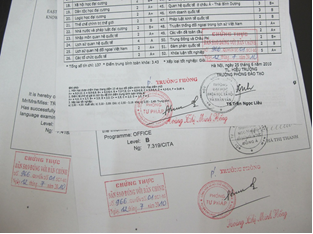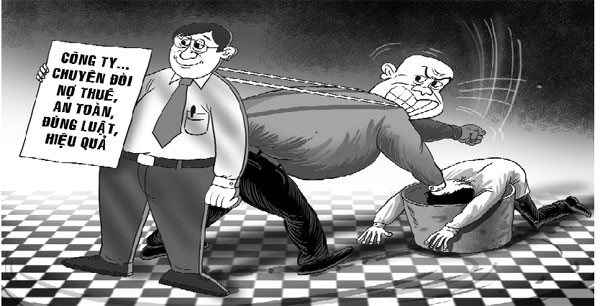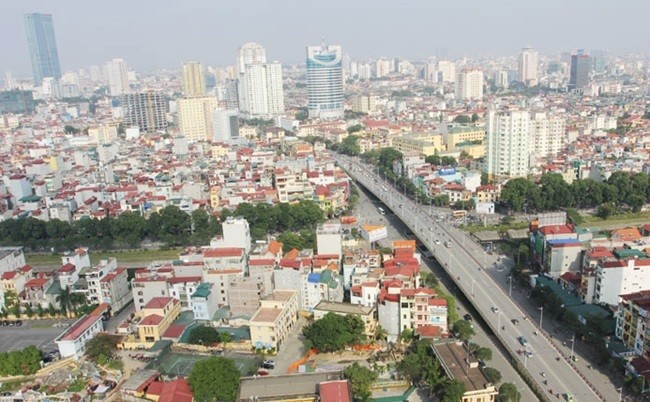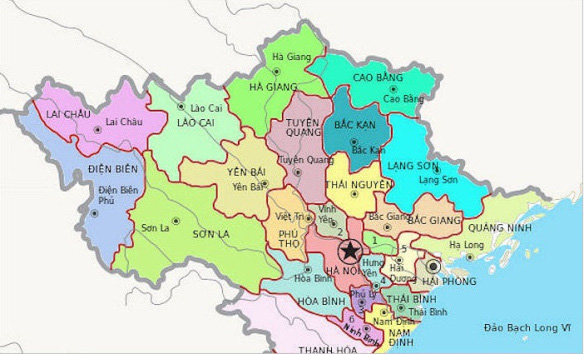What are the regulations on classification of administrative units in Vietnam? - Duy Ngoc (HCMC, Vietnam)

Regulations on classification of administrative units in Vietnam (Internet image)
1. What are administrative units?
Pursuant to Article 2 of the Law on organizing the local government 2015, the administrative units of the Socialist Republic of Vietnam shall include:
- Municipalities and provinces (hereinafter referred to as province or provincial level);
- Suburban, urban districts and provincial cities, and municipality-controlled cities (hereinafter referred to as district or district level);
- Communes, wards or commune-level towns (hereinafter referred to as commune or communal level);
- Special administrative – economic units.
2. Classification of administrative units in Vietnam
Article 3 of the Law on organizing the local government 2015 stipulates the classification of administrative units as follows:
- Classification of administrative units serves as a basis for drawing up socio-economic developmental plans and strategies;
Establishing the mechanism, system and policies for officials and public servants working at local governments in conformity with each type of administrative unit.
- Classification of administrative units should be based on criteria such as population scale, natural area, the number of affiliated administrative units, socio-economic development level and particular elements of each administrative unit at rural, urban areas and islands.
- Administrative units shall be classified as follows:
+ Hanoi and Ho Chi Minh city are special-grade province-level administrative units; the rest of administrative units shall be categorized into three grades: grade I, grade II and grade III;
+ District-level administrative units shall be categorized into three grades: grade I, grade II and grade III;
+ Commune-level administrative units shall be categorized into three grades: grade I, grade II and grade III.
- Pursuant to regulations laid down in Clause 2 and Clause 3 of Article 3 of the Law on organizing the local government 2015, the Government shall suggest specific provisions on standards of each criterion, delegated authority and procedure concerning classification of administrative units to the Standing committee of the National Assembly.
3. Principles of organization and operation of local governments in Vietnam
Pursuant to Article 5 of the Law on organizing the local government 2015, the principles of organization and operation of local governments are as follows:
- Comply with the Constitutions and laws, and govern society by laws; adhere to the democratic concentration principle.
- Be modern, transparent, and intended for the people, and be subject to the people's supervision.
- The People’s Council shall perform their tasks through the process of meeting and according to the majority rule.
- The People’s Committee shall operate according to the collective system in which the People's Committee is combined with the responsibilities of the President of the People’s Committee.
4. Organization of local governments at administrative units in Vietnam
In Article 4 of the Law on organizing the local government 2015 amended in 2019, the organization of local government in administrative units is as follows:
- Local governments are organized at administrative units of the Socialist Republic of Vietnam as stipulated in Article 2 of the Law on organizing the local government 2015 in a manner that is appropriate to features of rural, urban and island areas and special administrative - economic units.
- Rural local government shall include the local government of provinces, rural districts and communes.
- Urban local government shall include the local government of municipalities, urban districts, district-level towns, provincial cities, municipality-controlled cities, wards and commune-level towns.
5. Segmentation of powers of local governments in Vietnam
Article 11 of the Law on organizing the local government 2015 amended in 2019 stipulates the segmentation of powers of local governments as follows:
- Duties and powers of local governments at all levels shall be determined on the basis of distinction of powers between centrally-governed state organs and local ones, and between levels of local governments in the form of delegation and decentralization.
- The segmentation of powers shall be carried out according to the following rules:
+ Ensure that the state management is carried out consistently with institutions, policies, strategies and planning in different industries and sectors; ensure the consistency and transparency of the national administrative system;
+ Enable local governments at administrative units to exercise their autonomy and responsible autonomy to perform state management duties within particular areas in accordance with legal regulations;
+ Firmly combine state management by sectors with this by territories, and clearly distinguish duties to state management of socio-economic operations taking place throughout a geographical region which is taken on by local governments at different levels;
+ Segmentation of powers must conform to rural, urban and island conditions and features as well as particular characteristics of industries and sectors;
+ Issues involving more than two commune-level administrative units shall be tackled under the authority of district-level local governments; those involving more than two district-level administrative units shall be tackled under the authority of province-level local governments; those involving more than two province-level administrative units shall be tackled under the authority of centrally-governed state organs, unless otherwise stipulated by laws, resolutions of the National Assembly, ordinances, resolutions of the National Assembly Standing Committee and Government’s decrees;
+The delegation of powers to local governments at different levels shall ensure that financial and personnel conditions and other necessary conditions are satisfied, and shall be associated with the adoption of the inspection mechanism. Local governments shall exercise powers and perform duties and bear responsibility within their granted powers.
- The National Assembly and the all-level People’s Council within their duties and powers shall be responsible for supervising locally-controlled state organs in carrying out their delegated duties and powers.
Ngoc Nhi
- Key word:
- administrative units in Vietnam
 Article table of contents
Article table of contents







.Medium.png)
.Medium.png)
.Medium.png)
.Medium.png)
